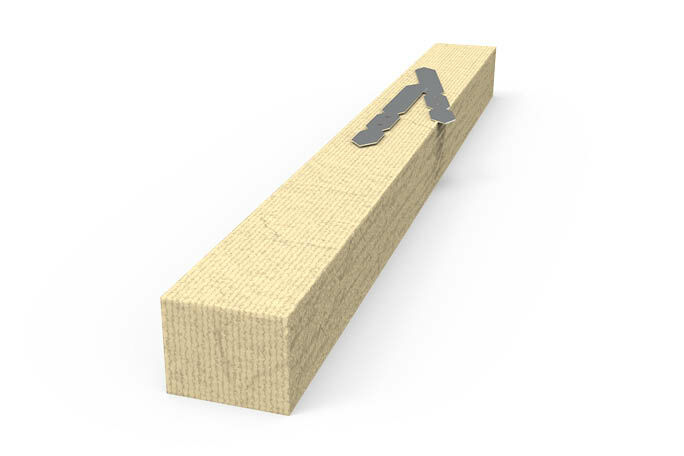FJ260 Cavity Barrier
FJ260 Cavity Barrier is a close state cavity barrier made of rock mineral wool and designed to maintain the required fire resistance when following fire compartment lines.


Usage/purpose
FJ260 Cavity Barrier is used as a cavity barrier, within external wall cavities in all required locations plus at the junction of compartment floors, compartment/party walls and around openings. It maintains
fire resistance performance of cavities of up to 600 mm and only requires 5 mm of compression when fitting.
- Up to 2 hours fire resistance
tested to EN 1366-4 (up to EI
120) - Reaction to Fire class A1
(unfaced) - Suitable for cavities up to 600
mm - Easy to install
- Tested including SFS Systems
with calcium silicate or cement
particle boards - Suitable for use vertically and
horizontally - No maintenance required after
installation









